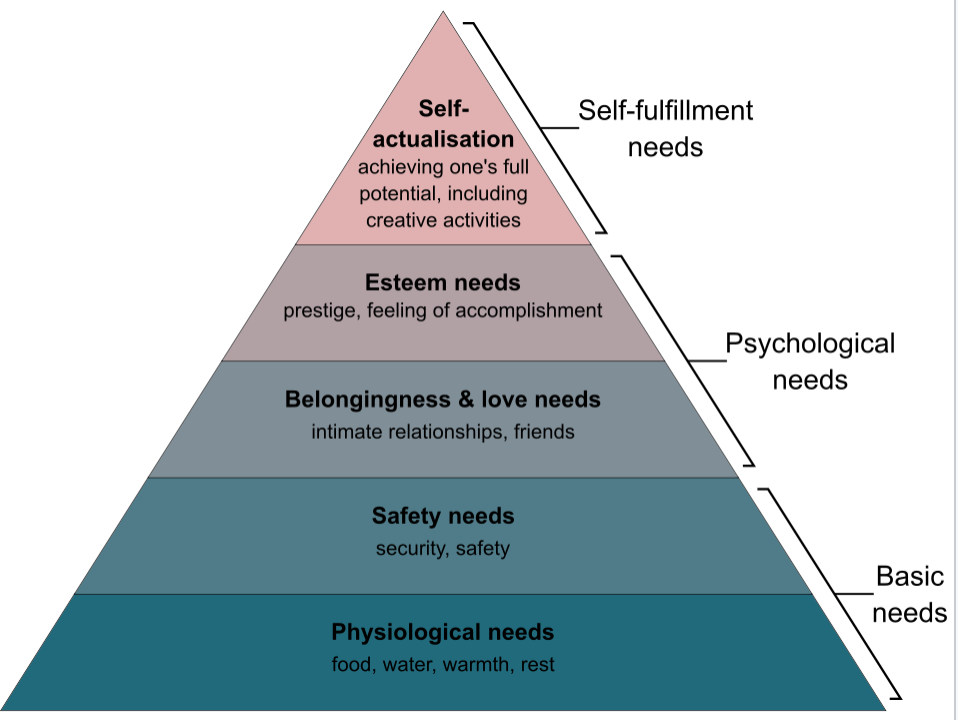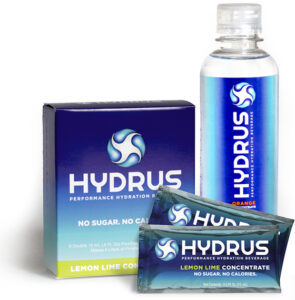Do you know how much fluid your body loses while sleeping each night? It’s about 1 liter of water!
Most of us wake up in a state of dehydration- and we don’t even know it. Dehydration can affect how you perform mentally and physically throughout the day but also how well you sleep. Even in its mildest form, dehydration can cause your sleep to become disrupted, making it more challenging to complete tasks and achieve your daily goals.While getting a good night’s sleep is an essential jump start to a successful day, rest is one of those things you need more of but often don’t get enough of.
According to the Sleep Association, between 50- 70 million US adults or nearly 20% of the US population, have a sleeping disorder. And almost half, 48.0% of adults report that they snore regularly. Those numbers really shouldn’t be much of a surprise. American families spend an increasingly large amount of time each day on digital devices working from a computer or digital screens. The blue light emitted from computers has been found to disrupt sleep cycles significantly. And as you work longer hours from home, managing your career and your children’s education from home, getting a good night’s sleep and staying on top of your game has become more essential than ever to your workday and family’s well being.
Sleep & Maslow’s Hierarchy of Needs
Sleep is so essential that it is one of the foundational components in Maslow’s Hierarchy of Needs. According to Maslow, sleep or rest is a physiological need and is critical to us as food, water and shelter. And only after physiological needs are fulfilled are we capable of achieving higher objectives and goals. Most wellness programs overlook the importance of sleep and focus on Maslow’s pyramid’s psychological and safety needs. However, experts say that unless you address the lower tiers or physiological needs, wellness offerings may not appeal to many people- especially those who need it the most.

Your Quality of Sleep Matters More Than You Think
The most common problems caused by poor sleep include impaired brain function, memory loss, decreased problem-solving skills, tiredness, moodiness, and irritability. Together these problems can significantly reduce workplace productivity. Further, chronically poor sleepers are at a higher risk of getting heart disease, stroke and type 2 – diabetes. A lack of sleep can decrease your body’s overall immunity, slow down your metabolism and even cause depression. The list of medical conditions and poor sleep is almost endless. Here’s a comprehensive list of medical conditions caused by a lack of proper sleep. Now let’s understand how dehydration can impact the quality of sleep you get daily.
Hydration and Sleep Have Mutually Beneficial Relationship
Even mild dehydration can cause poor sleep. Here’s why. Mild dehydration causes your mouth (dry mouth) and nasal passages to become dehydrated (dry nose), causing you to snore, which results in a fragmented state of wakefulness and poor sleep. Dehydration also causes your nocturnal leg cramping that can also disrupt your sleep. Unfortunately, the dry air heat and air conditioning systems further exacerbate the situation and cause your body to lose even more water while you sleep.
But that’s not all. While dehydration can cause poor sleep, research suggests that not getting enough sleep can increase can cause dehydration. Not getting enough sleep disrupts the release of an antidiuretic hormone called vasopressin that controls your body’s water balance. Researchers have found that vasopressin, which balances the body’s hydration levels, is released more quickly during the later stages of your sleep cycles. So if you experience poor or interrupted sleep, your body will have less vasopressin available to balance your hydration levels throughout the day and at night. According to the study, people who reported sleeping for less than 6 hours a night were 16% – 60% percent more likely to be dehydrated than those who slept for 8 hours a night.
Proper Hydration Is All About Absorption
At this point, you are thinking that drinking a bottle of water before going to bed will help you solve your sleep and dehydration problems, right? Well, not exactly. We’ve all heard the standard advice that drinking 8 to 10 glasses of water a day can boost hydration. But drinking water alone will not solve your body’s dehydration issues and help you sleep better.
Your hydration needs depend on your age, body weight, medical conditions, medications, activity levels, diet, alcohol intake and environmental conditions. Also, travel and altitude can cause dehydration. And just boosting your water intake doesn’t ensure that the electrolytes and nutrients are adequately absorbed into the bloodstream, interstitial cavities, and cells.
Drinking water alone does not replace all the electrolytes your body needs to properly absorb and balance water levels inside your organs and cells. Drinking water alone isn’t the most effective weapon against dehydration because “proper hydration” is not about how much water you drink. Instead, it’s about how much water your body absorbs. And electrolytes play a crucial role in how your body absorbs water and nutrients. Electrolytes, sodium and potassium play essential roles in absorption and balancing water levels in your blood, urine, tissues, and other body fluids.
They perform critical roles by helping your cells absorb nutrients and eliminate waste. Electrolytes’ primary function is to balance the amount of water available in your body’s cells, and they are contained in fluids throughout the body. They are chemicals that get their name because when they dissolve in water and produce charged ions. These ions enable the flow of electrical signals through the body.
When your body becomes depleted of essential electrolytes, your cells and organs are unable to function properly. That’s why drinking water alone isn’t the only weapon against fighting symptoms of dehydration. Your body often needs a balance of both water and electrolytes throughout the day to be “properly hydrated.”
You may need to increase the number of electrolytes you consume, especially if you suffer from symptoms such as:
|
|
Daily Whole Body Hydration Is The Solution
Hydrus is formulated to deliver the electrolytes your body needs more effectively than drinking water alone. Unlike other hydration products, Hydrus contains NanosomesTM or tiny nano-scale hollow sphere-shaped molecules made of phospholipids that encapsulate electrolytes and water.
Compared to other hydration drinks, studies show that the science in Hydrus delivers about 50% greater water and electrolyte absorption than traditional sugar-electrolyte drinks.
If you are experiencing any of the symptoms above, then adopting a proper daily hydration routine may help you feel better and get a good night’s sleep.
